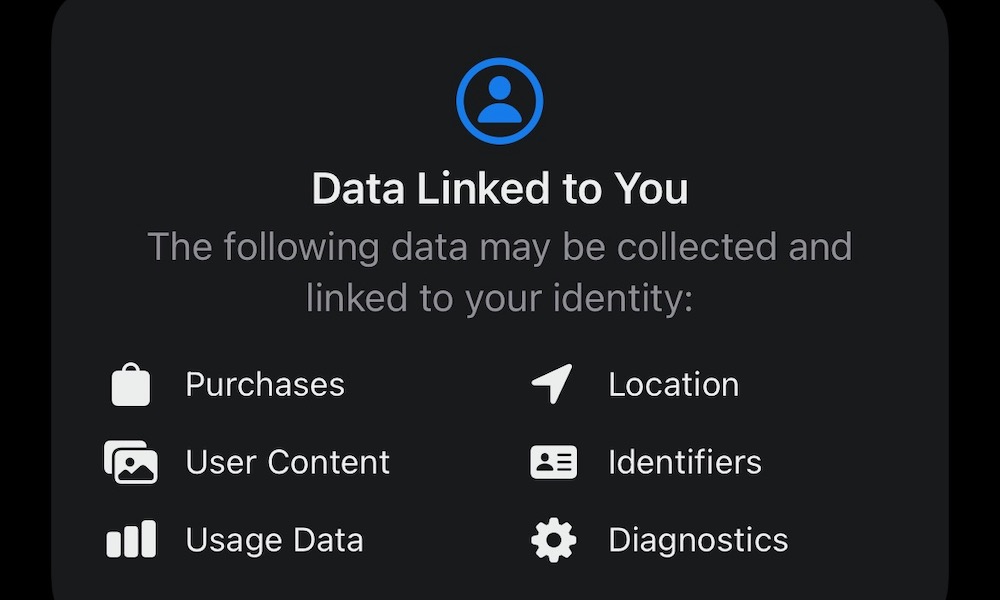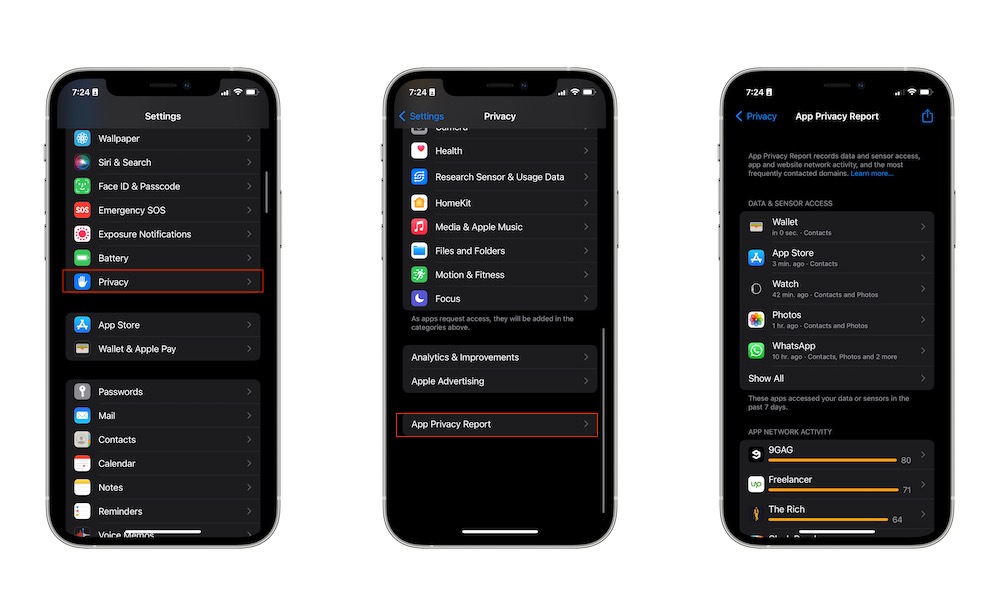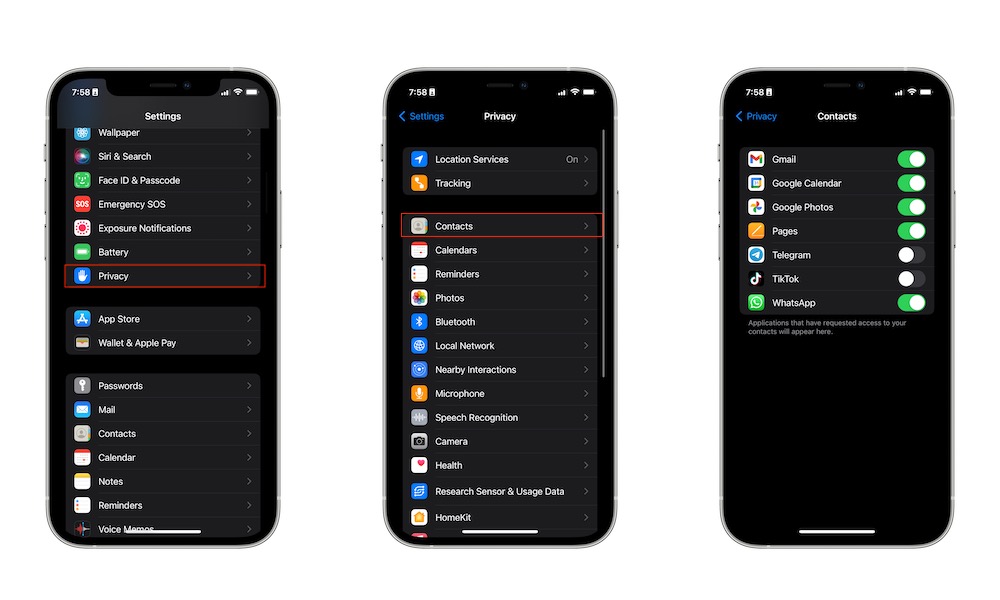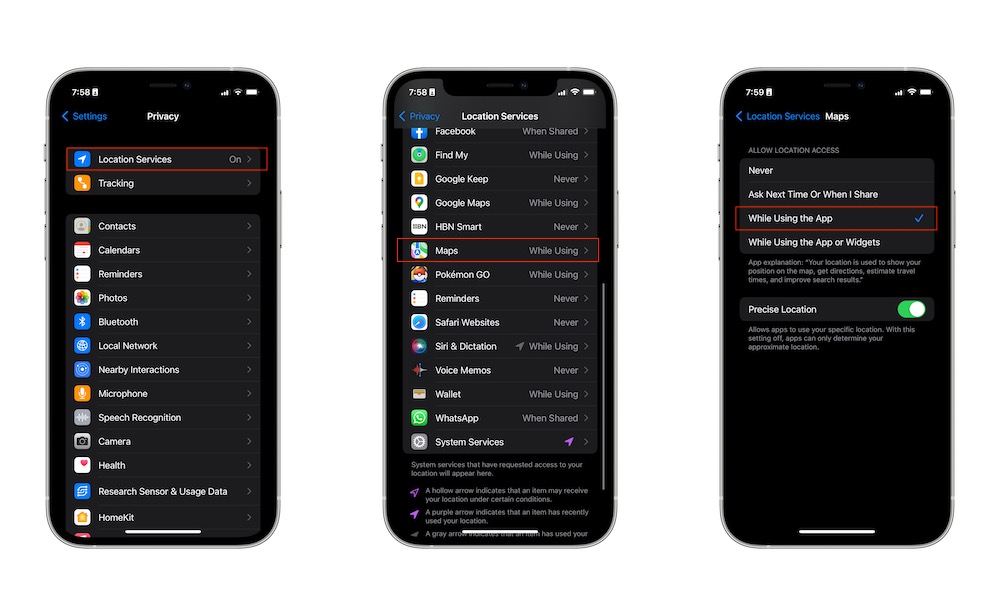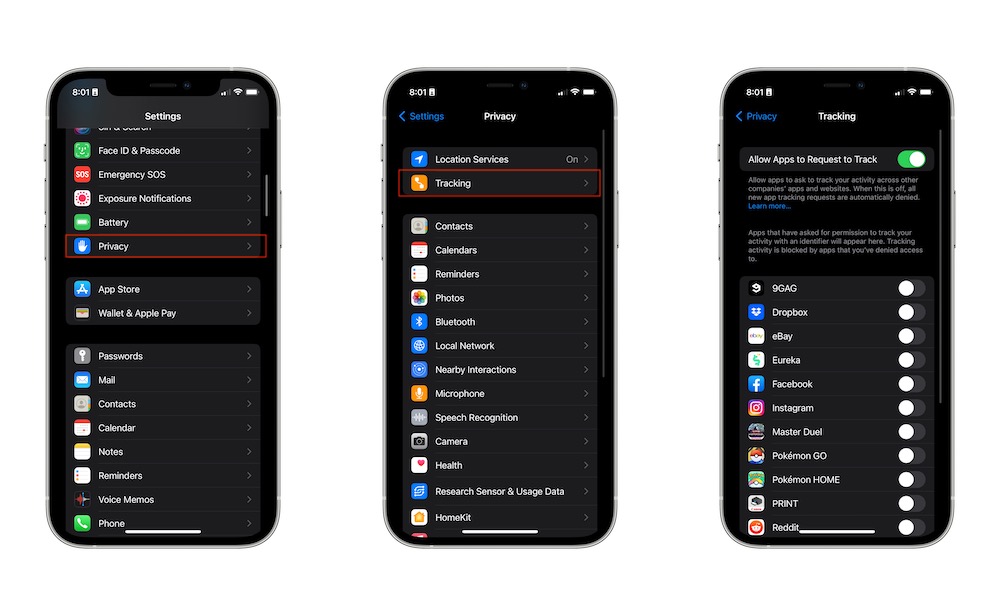4 Tricks to Manage App Permissions
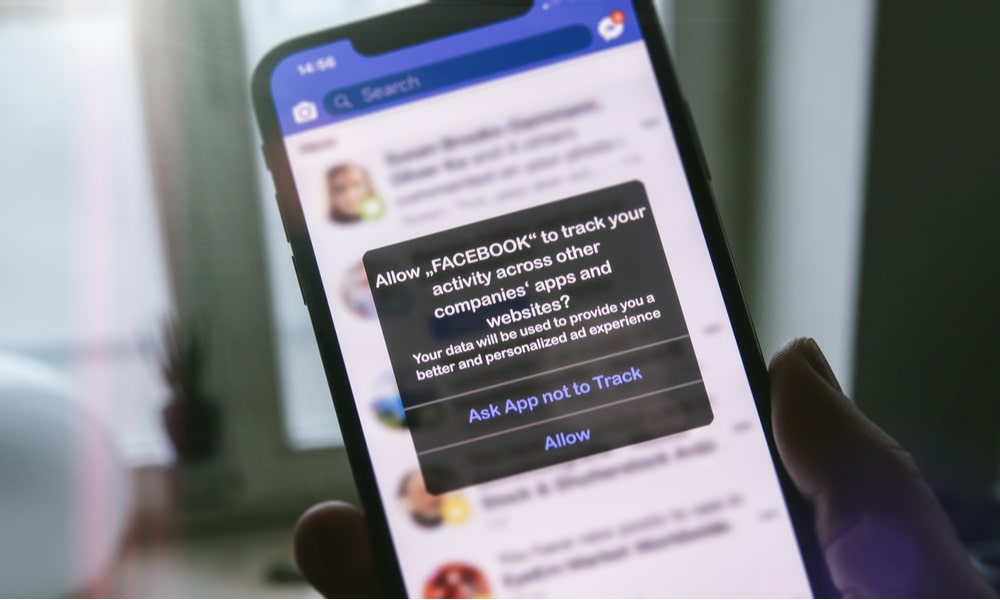 Credit: Audio und werbung / Shutterstock
Credit: Audio und werbung / Shutterstock
Toggle Dark Mode
With countless apps on your iPhone, it can be hard to keep track of all of them. Maybe you installed an app because it was on sale or thought you really needed it.
Whatever the reason may be, all apps on your iPhone will usually need your permission to access some or all of your iPhone’s data. Some apps will ask for access to your contacts and pictures, while others will need to use your location and even track your activity to show you better ads.Â
Because of this, it’s always recommended that you keep all your apps’ permissions in check. You don’t know when a shady app will start to access your contacts when it doesn’t really need to.
Fortunately, you can easily manage your apps’ permissions and even review how your current apps are using the permissions you gave them. Here’s what you need to know.
How Does an App Get Access to Your iPhone’s Data?
A quick answer to this question is that you gave it permission to access that information.
All App Store apps will ask you for permission to access a certain type of information, like your location. If you don’t know how an app got access to that kind of information, you probably gave it permission without even realizing it.Â
An easy way to learn what type of data an app or game will use and collect is to go to the App Store, select an app or game, and scroll down to the sections Data Used to Track You and Data Linked to You.
Granted, the app will probably ask for other permissions once you install it, but this way, you’ll be able to know what type of data an app will use before you install it.
1: Review How Apps Are Using Permissions
A fairly new feature on iPhone is that you can see how apps are using the permissions you gave to them. That way, you’ll know if an app or game isn’t using your data the way it’s supposed to.
This feature is called App Privacy Report, and you’ll need at least iOS 15.2 or a later version to use it. Here’s how:
- Open the Settings app.
- Scroll down to the bottom and tap on Privacy.
- Select App Privacy Report.
You’ll be able to see what apps you’ve used the most in the last few days, and you can tap on each individual app to see more information, like the domains the app has contacted and the domains that were contacted by other content. You can even see the websites an app has visited.
If you don’t want to have this information, you can scroll down to the bottom and tap on Turn Off App Privacy Report. That’ll disable the feature and delete all the current data.
2: Change Apps Permissions
It’s pretty easy to take control of your apps’ permissions from your iPhone. You can quickly grant or deny access to your data with a simple tap. All you need to do is follow these steps:
- Open the Settings app on your iPhone.
- Scroll down and tap on Privacy.
You’ll see a list of categories of information each app can use. You can tap on any of them like Calendar, Camera, or Microphone and see a list of apps that have access to that category. You can disable any app from the list to deny access to that category.
You can also go to each installed app and change its permissions individually, but that might take you a bit more time.
3: Disable Location Services
Location Services is a feature apps use to know what your location is. Of course, not all apps and games will need to know that information, so you can quickly change the app’s settings or disable Location Services altogether.
- Open Settings.
- Scroll down and select Privacy.
- Tap on Location Services.
- Tap on any app you want.
- Choose how you want to allow location access. You can tap on Never if you don’t want to share your location with that app.
There are a few options you can choose, so if you think the app does need to know your location, you can use the While Using option, so the app only gets access to your location whenever you open it.
You can also go one step farther and disable Precise Location so that the app won’t know your exact location all the time.
4: Stop Apps From Tracking You
Another new feature your iPhone has is the ability to ask apps not to track your activity.
Usually, apps will track your activity to show you better ads or create a profile of you based on what the app thinks you’re interested in. What’s concerning is that these apps can track you if you’re using other apps that belong to the same company. So, for instance, Facebook could track your activity while you’re using Whatsapp or Instagram.
Fortunately, thanks to iOS 15, you can ask apps not to track you, albeit it isn’t 100% effective. By default, an app or game should ask you if you don’t want it to track you the first time you open it, but if you skip that part, you can always do it by following these steps:
- Open the Settings app.
- Scroll down and select Privacy.
- Tap in Tracking.
- Disable Tracking on any app you want.
You can also disable Allow Apps to Request to Track you, so you’re never bothered with that pop-up message again.
Remember that this feature doesn’t work perfectly. This mostly blocks the apps’ permission to track, but your iPhone and Apple can’t control if the developers of the app are using other ways to track you. Granted, that doesn’t happen all the time, but that’s why you need to be careful with what you install on your iPhone.
Control What Your Apps Are Doing
That’s pretty much all you need to know about your apps’ permissions. Now you can better control what your apps are doing with the data you decide to share or stop sharing any data altogether. Remember that there are many apps in the sea, so you’ll probably find another app that does the same and asks for fewer data.


